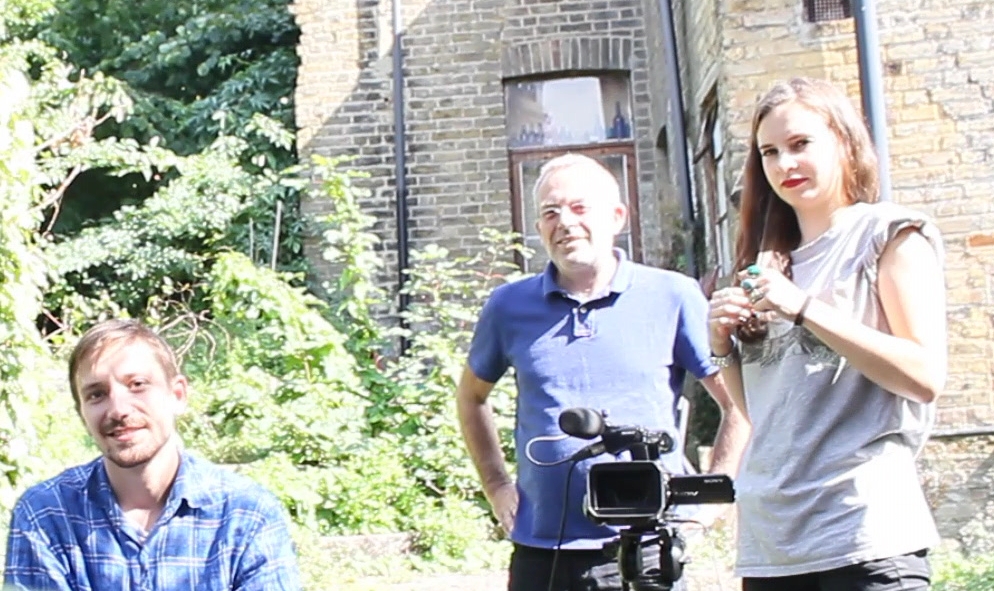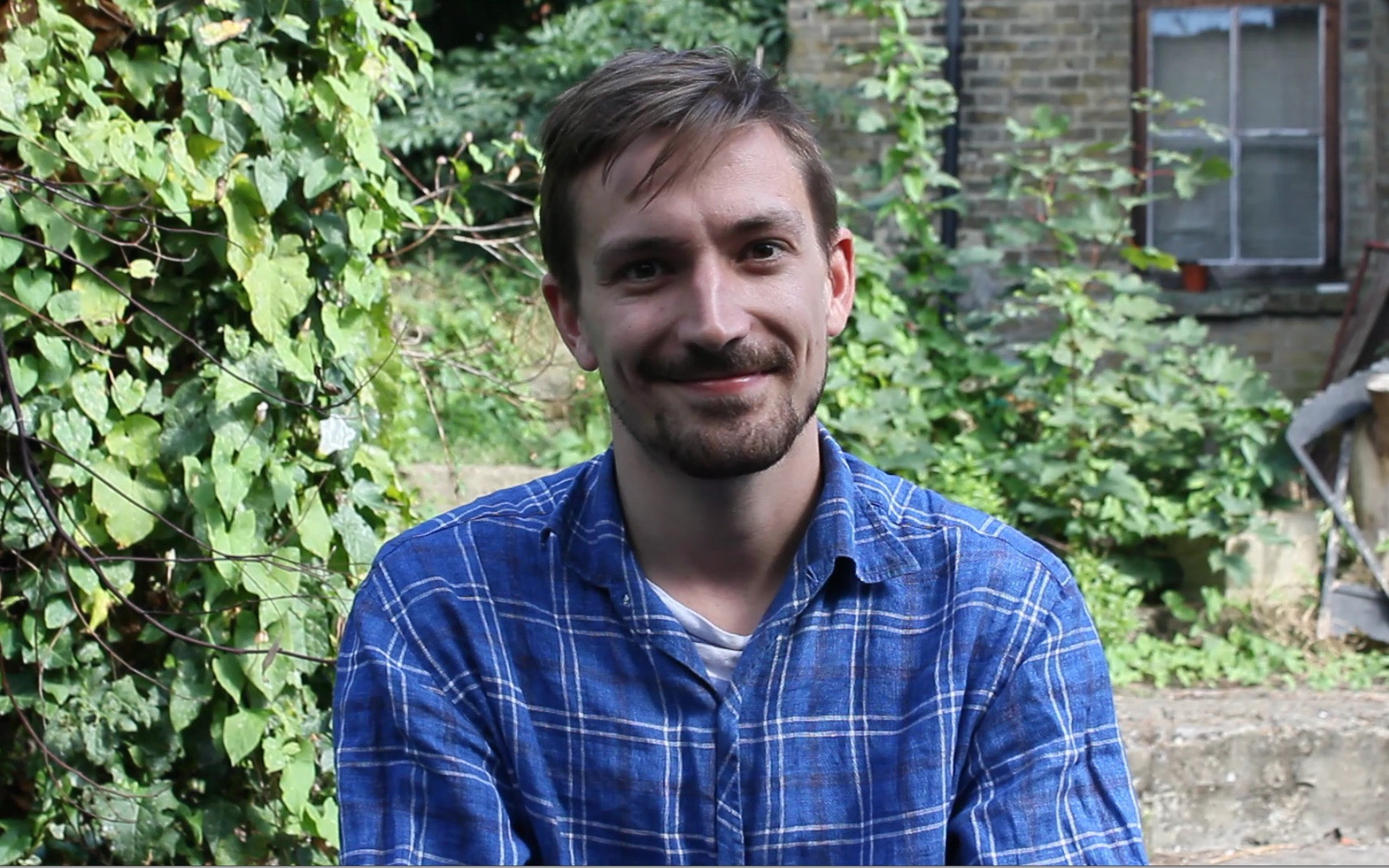Trying to decide which course is best for you?
We asked former participants, Sophie Parker and Oscar Wilson, for some extra feedback including why they took the 4 day course and how it has benefited them.
SOPHIE
Why did you choose the four day course?
I chose the four day course because I had been considering getting into documentary film making and wanted to do a course that was suitable for beginners.
What did you like most about the course?
“I liked that it was slightly longer than the weekend courses so [I] learnt more and got to do a mini project, I liked the size of the group which meant you really felt like you were getting one to one tuition and always had something to do, it also meant the group bonded and really helped each other out.
Since completing the course, have you had the opportunity to use the skills you learned?
I haven’t had the opportunity to use my skills yet but I have made arrangements to do some work experience at another production company where I hope to further hone the skills I have acquired and be able to go onto producing my own films.
Would you recommend the four day course to other people and if so, who?
I would definitely recommend the four day course to anyone that had a slight interest in film production whether as a career or as a hobby.
OSCAR
Why did you choose the four day course?
I was asked whether I wanted to take part in the course as training for a future project.
What did you like most about the course?
What I liked most about the course was the indepth nature of it. The fact that I was taught the essentials so if I wanted to go out and film a documentary now I could – not to the standard of a seasoned professional, however I have the tools, I just need the seasoning!
What has stayed with you the most?
I don’t know what has stayed with me the most because I don’t feel like it has ended in a way, I’m still trying to hone in on all the learning that was done.
Since completing the course, have you had the opportunity to use the skills you learned?
Since completing the course I have begun to use various aspects of the course in order to continue working on a documentary project. First, essential organisation and creating a cooperative atmosphere with your subjects – this is something that I feel is not offered as part of your average course. Therefore if you want the gems in how to go about things – go to Spectacle.
What are your plans for the future?
My plans for the future are at the moment beginning with the raw: “GET A CAMERA” ASAP! Then there is not much to hold me back – maybe some sound equipment then I can tackle any subject I can get close enough to!




